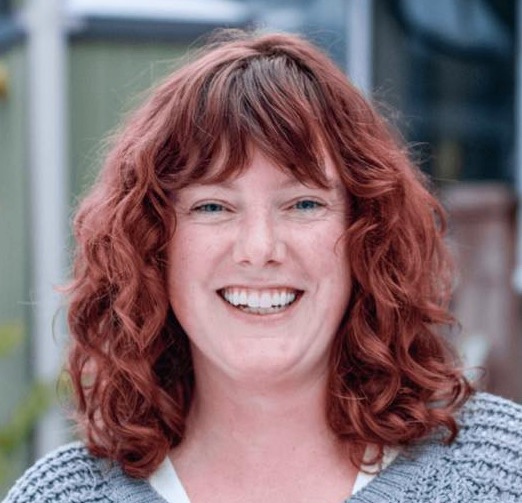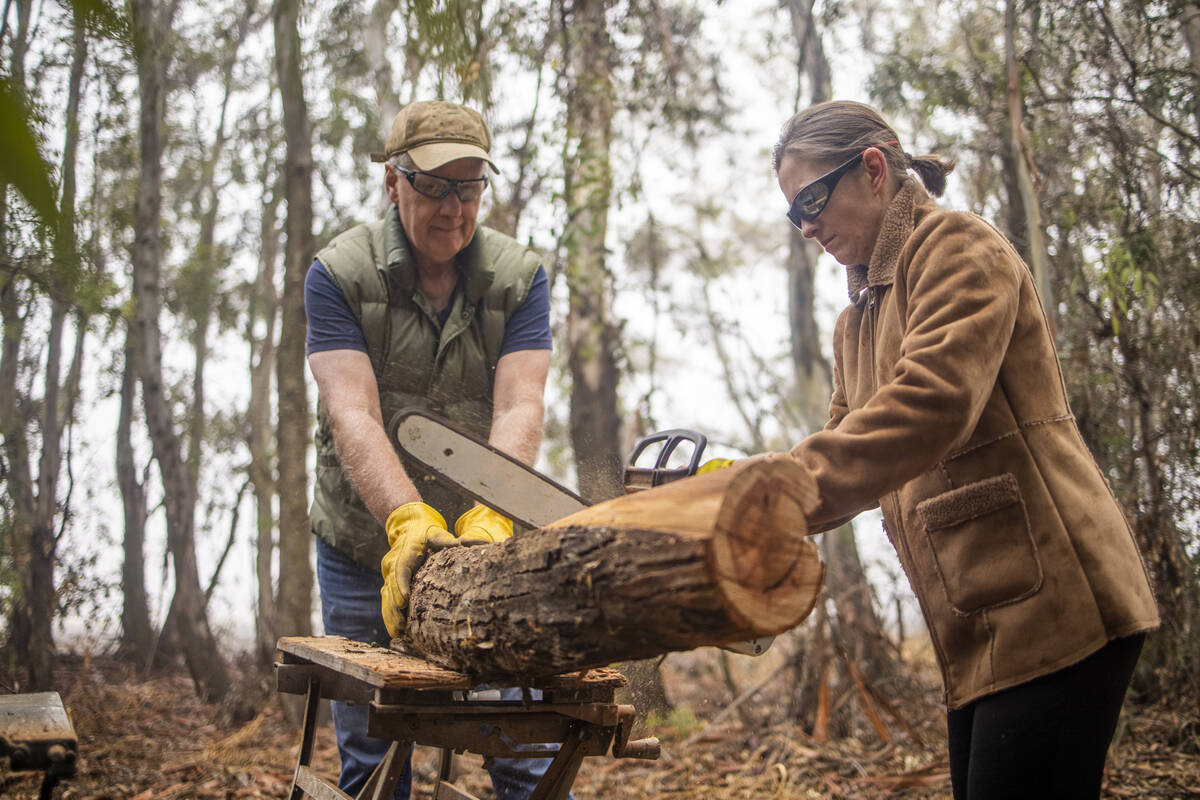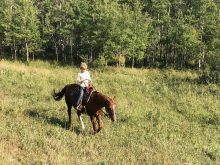Do you ever have those days when you’re flying around the farm from one task to the next, trying to feel productive, but instead you just feel like a chicken with its head cut off?
So often on the farm, we try to do many things at the same time. Then at the end of the day, we wonder what we actually accomplished, or which projects we actually finished. A blog post entitled “The Myth of Multitasking” by the Resilience Institute notes multitasking can actually lower productivity, increase the number of errors and cause more communication breakdowns between team members. “When individuals are pulled in multiple directions, it becomes difficult to align on goals and keep clarity within a group.”
After several years of walking with farmers in their succession planning journeys, including with my own in-laws, I have noticed hearing the word “plan” can evoke fear for many. Carrying a “see how it goes” attitude can feel normal when there is so much uncertainty in farming. To hear the words “make a plan” can feel overwhelming and even impossible when there seem to be so many variables. Of course there are times when we do need to make a decision, but if we do this hastily we are not taking into account how that decision impacts our overall vision.
Read Also

Avoid these thought traps when investing
Investing for Fun and Profit: Let’s review a list, by renowned fund manager Peter Lynch, of the most dangerous things that stock market investors can say to themselves, or to others.
What if I told you there is a less stressful way to approach your days and growing seasons without using the dreadful “p” word? What if, instead, we set intentions for the time we spend in our operations — individually and together — and then hold ourselves accountable to creating more meaningful ways of showing up?
Being more intentional about how we spend our time — in projects, in relationships and especially when we combine the two together — can help us be more productive and satisfied in our operations.
In her book The Art of Gathering: How We Meet and Why It Matters, Priya Parker writes about setting intentions when bringing people together: “To ascertain a gathering’s purpose, move from the what to the why… Take the reasons you think you are gathering — because it’s our Monday-morning meeting; because it’s a family tradition to be at the lake — and keep drilling below them. Ask why you’re doing it. Every time you get to another, deeper reason, ask why again. Keep asking why until you hit a belief or value.”
Discovering the “why” behind regular farm tasks that we do together, such as moving the cows to pasture, helps us be more intentional about how we want to run our operations and what values we want to weave into our overall vision. When others have insight into this vision, we are less likely to get into conflict because there is a shared understanding of the reasons certain decisions are made.
Whenever my husband and I help his parents vaccinate or move their cattle, we are often brought up to speed beforehand on what their plans are for certain cows or a particular group they would like to sort. One year, when my husband and my father-in-law were in conflict about my husband’s decision to step back from the farm, we jumped right into working together without discussing the intentions for the day. Within the hour there was yelling, and it was not just frustration about calves that were straying. At one point I heard my husband say to his father, “I have no idea what you want!”
By creating clarity about what we want and being able to ask for what we need from others when we set out our hopes for the day or season, we create more efficient operations built on shared values of trust.
Wood intentions
Once a year, my family drives up from the city to help us split wood for the winter. We burn a lot of wood, not only to keep our energy costs low but also because we believe it is a sustainable way to live. Sometimes we have a lot of people, including extended family from the Mennonite belt of southern Manitoba. The night before my family arrives, my husband and I sit down to set an intention together for the time when they are here. Without this conversation about our shared vision for the day, one of us will, without a doubt, get caught up in visiting without realizing the other is feeling overwhelmed by the amount of work. Of course, we too need social time, but if our goal is to split a certain pile of wood, we will be much more intentional about when the opportunities for visiting happen.
When my family arrives, we give everyone a chance to settle in and catch up over coffee before we announce our hopes for the day. Sharing our intentions with my sociable, urbanized family motivates them to do the work, knowing the impact they are making for us as self-sufficient rural folk.
Here are some simple ways to start being more intentional in your days and seasons:
Set out one goal for what you want to accomplish or create each day. Even if you end up doing a couple other small things in the day, having that goal in mind will help focus your energy and feel more productive when you follow through on that one task or project.
Share your hopes with others before you come together. List a few topics of discussion for the next meeting in the email to everyone, or explain how meaningful it would be to you to have supper together on Sunday without any mention of the new barn project. Be clear with yourself, and then with others, on what you desire for the time you spend together.
Bring your family members together to discuss a longer-term vision for the farm on which you can all have input. Choose a timeframe for your shared vision that seems realistic for your family, such as in two years when Dad will be turning 70, and then begin the dreaming. Stay open to seemingly wacky ideas, and ensure everyone gets a turn to speak (yes, the non-farming children need a voice too).
The process of creating a vision for the farm in which your family members all feel invested will help you set clearer intentions each day and for every growing season. You will spend your time with more purpose and clarity, knowing your daily goals contribute toward a lifetime legacy.
















